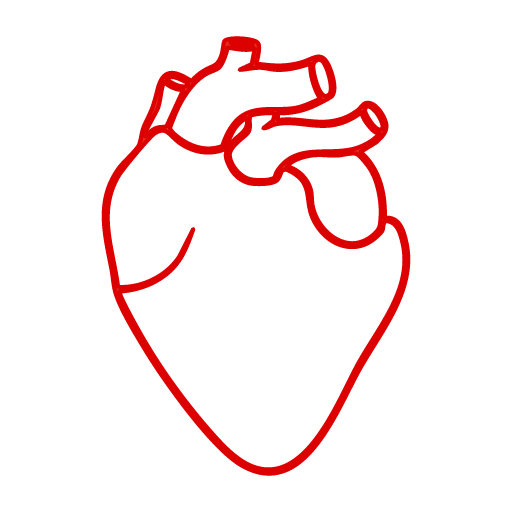How to prevent cognitive decline
Dr Ross Walker
Are there drugs or supplements that can mitigate cognitive decline?
A recent study highlights 13 drugs and supplements that may mitigate the effects of genes linked to accelerated brain ageing. A study from China employed a deep-learning model called 3D-ViT to analyse data from nearly 39,000 individuals in the UK Biobank, focusing on their health, genetic, and lifestyle factors. The central core of this research is the concept of “brain age”. This can differ from chronological age due to the influence of genetic factors. Seven genes were identified as key players in accelerating brain ageing, which can create a brain age gap—the difference between biological and actual age.
The study found that cognitive function declined alongside increased brain age gaps, particularly in areas critical for cognition. As the brain age gap increased, participants showed a corresponding decline in cognitive test scores, particularly due to changes in crucial brain regions involved in cognition, such as the lentiform nucleus and the posterior limb of the internal capsule. Among the 64 genes analysed, seven stood out due to their significant impact on brain ageing: MAPT, TNFSF12, GZMB, SIRPB1, GNLY, NMB, and C1RL.
What drugs and supplements make a difference?
Clinical trials indicated that 13 specific drugs and supplements could target these genes, potentially mitigating the risks for brain ageing.
These include:
- Cholecalciferol: A vitamin D supplement.
- Dasatinib: A medication used in treating leukaemia.
- Diclofenac: An anti-inflammatory drug.
- Doconexent: An omega-3 fatty acid supplement.
- Oestradiol: Commonly used in hormone replacement therapy.
- Hydrocortisone: A steroid used to treat various conditions.
- Mecamylamine: A drug for lowering blood pressure.
- Nicotine: A stimulant that has shown potential neuroprotective effects.
- Prasterone: Used for menopausal symptoms.
- Quercetin and Resveratrol: Supplements known for their antioxidant properties.
- Sirolimus: An immunosuppressant used post-organ transplantation.
- Testosterone: Hormone that may play a role in cognitive health.
There is certainly no harm from taking the supplements but all the drugs mentioned have the potential for significant side effects.
Preventing and reversing Alzheimer’s disease
In 2017, Dale Bredesen was first published “The End of Alzheimer’s: The First Program to Prevent and Reverse Cognitive Decline.
In this ground-breaking book, Bredesen presents a comprehensive program aimed at preventing and reversing Alzheimer’s disease. He combines insights from his research on the underlying mechanisms of Alzheimer’s with practical lifestyle changes and dietary recommendations. The book details a multi-faceted approach that addresses various contributors to cognitive decline, such as inflammation, insulin resistance, and nutrient deficiencies.
Bredesen argues that Alzheimer’s is not a singular disease but rather a collection of syndromes, advocating for personalised treatment plans to optimize brain health and functionality. The book seeks to empower readers with strategies to improve cognitive health and offers hope for those affected by this devastating disease. Bredesen has now studied thousands of patients utilising his 4-component program demonstrating reversal of cognitive decline in many people.
The program involves lifestyle changes (my 5 Keys), a variety of evidence-based supplements, brain training (i.e. Use it or lose it), along with direct cranial stimulation with an external electro-magnetic device. Although I am not advocating that we should be taking all of the 13 drugs & supplements mentioned in the study, I am suggesting we should be doing everything possible to prevent & manage all forms of cognitive decline.
Dale Bredesen’s work along with this recent study from China, along with numerous other similar studies suggest a promising direction for interventions that could slow down the ageing process of the brain, potentially benefiting cognitive health as individuals grow older. This evidence underscores the intricate relationship between genetics, brain health, and the potential therapeutic roles of various substances.
